Indian manufacturer Waaree Energies has launched its next-generation flexible lightweight (FLW) solar modules. The panels, designed for surfaces where traditional glass panels cannot be installed, enable solar adoption across curved metro facades, petrol pump canopies, roadside barriers, street furniture, railway infrastructure, walls, and urban rooftops with limited load capacity.
Waaree said the FLW modules are up to 70% lighter than conventional glass panels, less than 3.5 mm thin, and require only 8 kg/m² roof strength. They can be bonded directly to surfaces without mounting penetrations, making them ideal for sites where drilling or heavy support structures are not feasible. Select models deliver up to 500 W output with 18% module efficiency, featuring an ETFE frontsheet, IP67 junction box, and low-light performance—well-suited for dense city landscapes and transportation infrastructure.
“Cities and critical infrastructure need solar that adapts to them – not the other way around. Our flexible platform expands where solar can be installed, cuts BOS complexity, and accelerates decarbonisation across … challenging sites,” said Nilesh Malani, chief marketing officer and BU head – Special Modules, Waaree Energies.
The modules are available in 84 W, 125 W, 250 W and 500 W versions to fit diverse layouts and curves.
This content is protected by copyright and may not be reused. If you want to cooperate with us and would like to reuse some of our content, please contact: editors@pv-magazine.com.
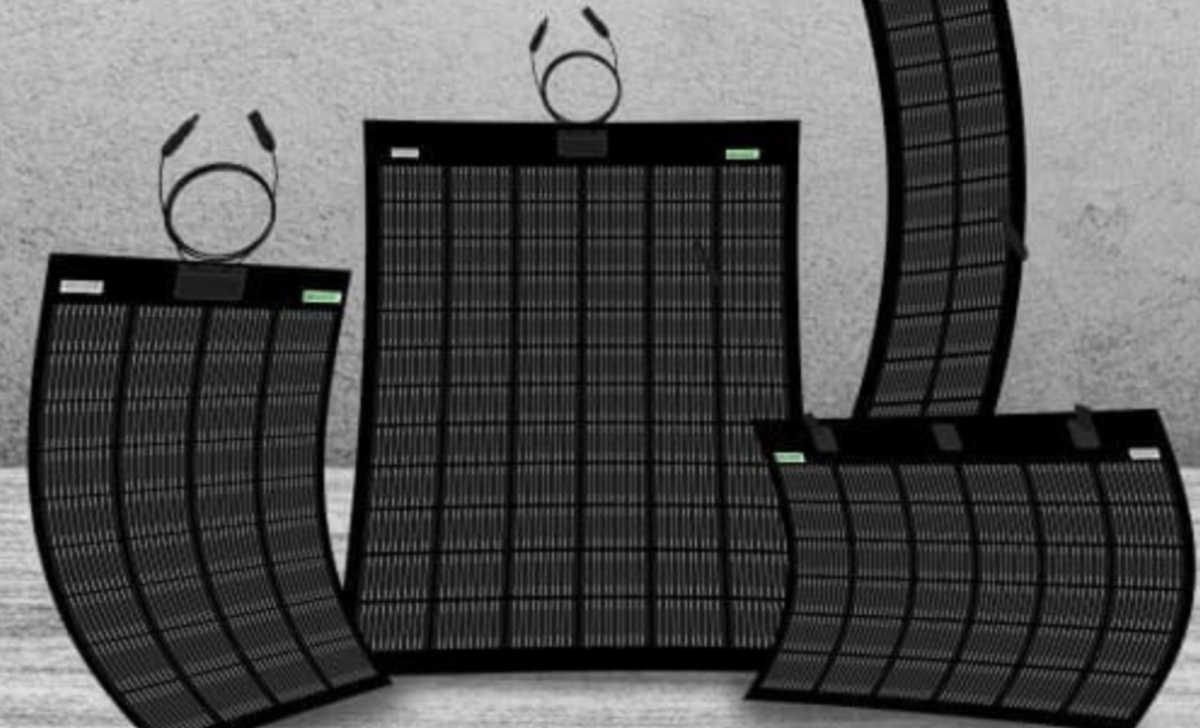
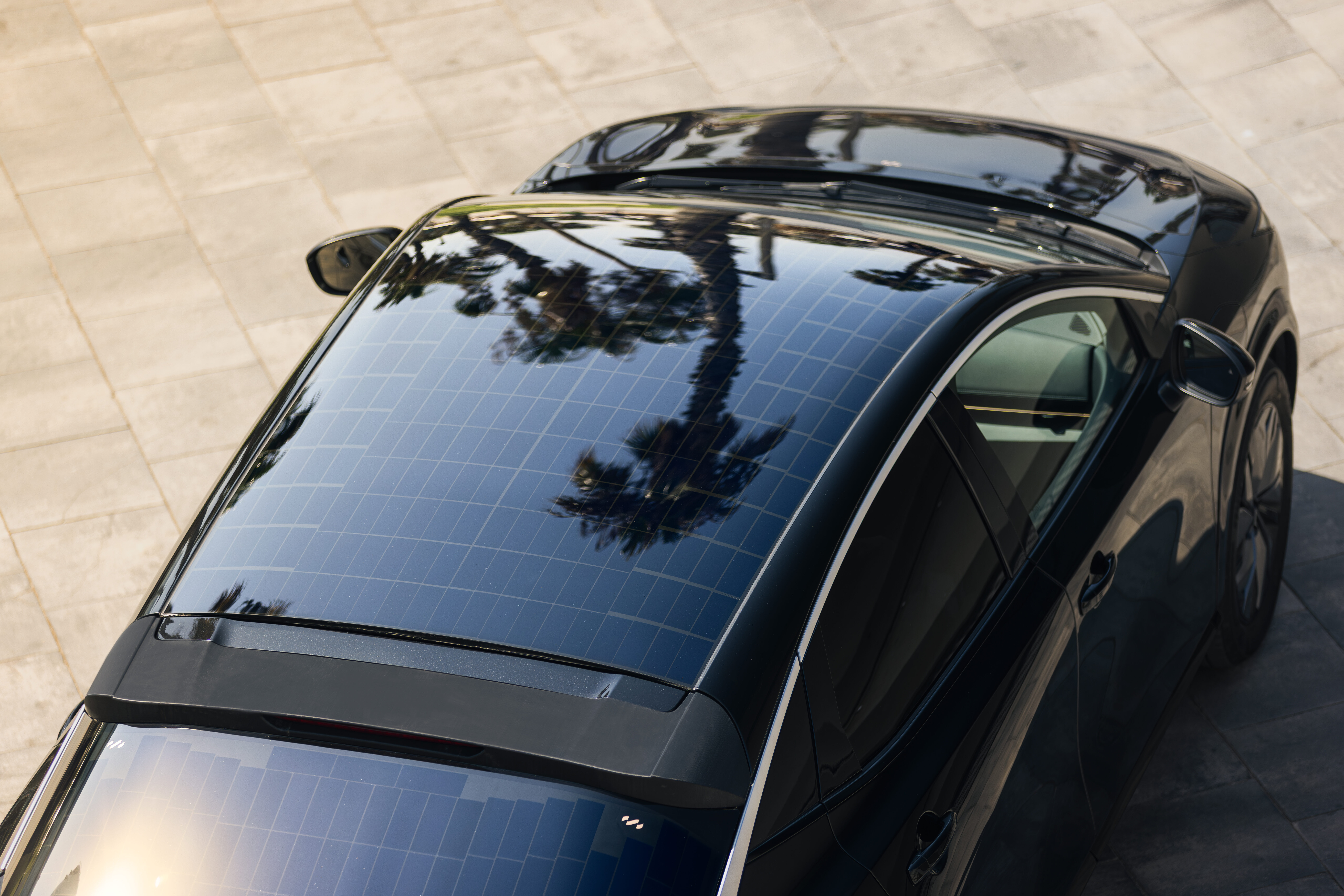


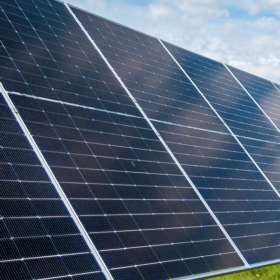


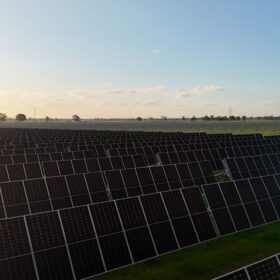
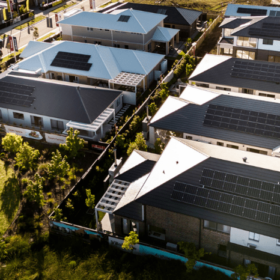
By submitting this form you agree to pv magazine using your data for the purposes of publishing your comment.
Your personal data will only be disclosed or otherwise transmitted to third parties for the purposes of spam filtering or if this is necessary for technical maintenance of the website. Any other transfer to third parties will not take place unless this is justified on the basis of applicable data protection regulations or if pv magazine is legally obliged to do so.
You may revoke this consent at any time with effect for the future, in which case your personal data will be deleted immediately. Otherwise, your data will be deleted if pv magazine has processed your request or the purpose of data storage is fulfilled.
Further information on data privacy can be found in our Data Protection Policy.